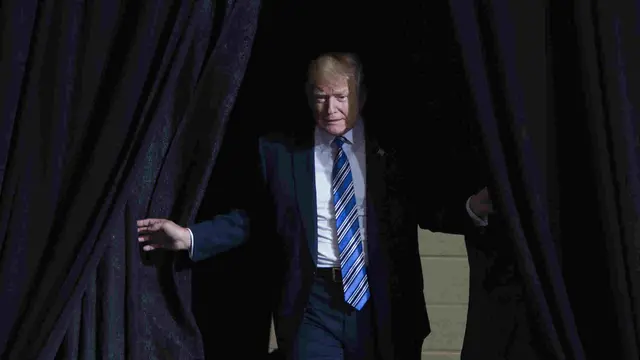The US Department of State on Thursday issued an updated travel warning for the Democratic People' s Republic of Korea (DPRK) which includes information about the impending tourist ban.
The release detailed a number of potential issues with traveling to the DPRK, including the lack of US diplomatic services, the country’s system of law enforcement and risk of detention for crimes such as criticizing the leadership, possessing material critical of the government, or taking unauthorized photographs.
US President Donald Trump walks to Marine One prior to departure from the South Lawn of the White House in Washington, DC, August 4, 2017, as he travels on a 17-day vacation to Trump's golf course in Bedminster, New Jersey.
Meanwhile, President Donald Trump said the DPRK should be "very, very nervous" of the consequences if it even thinks of attacking US soil, after Pyongyang said it was readying missile launch plans on the Pacific territory of Guam.
The Republican businessman dismissed any criticism of his "fire and fury" warning, saying it possibly "wasn't tough enough" given threats made by the government of Kim Jong Un to both Washington and its allies.
"Frankly, the people who were questioning that statement, was it too tough? Maybe it wasn't tough enough," he told reporters in his golf resort in New Jersey after the DPRK announced a detailed plan to send four missiles over Japan and towards Guam, where some 6,000 US soldiers are based.
Despite his harsh rhetoric as the war of words intensifies between Pyongyang and Washington, Trump offered assurance to the public, saying that the American people "should be very comfortable."
On Tuesday, Trump issued a controversial warning to the DPRK that appeared to threaten a nuclear war with the Asian country.
In response, the DPRK warned of preemptive strikes against the US military base of Guam in the Pacific.
Following the exchange of fierce rhetoric between Washington and Pyongyang, US Secretary of State Rex Tillerson on Wednesday played down the threat from the DPRK, telling US citizens to "sleep well at night."
 简体中文
简体中文



